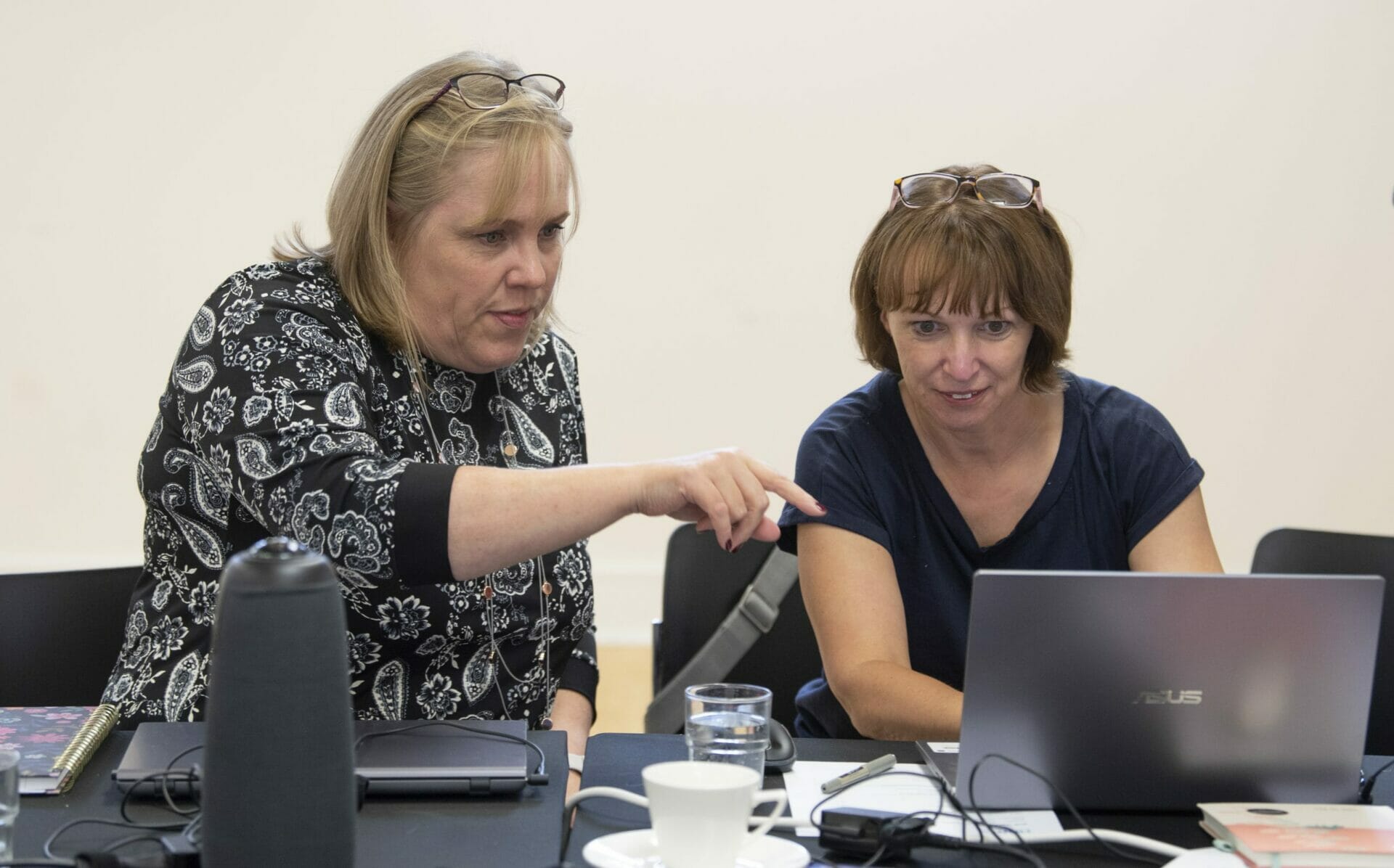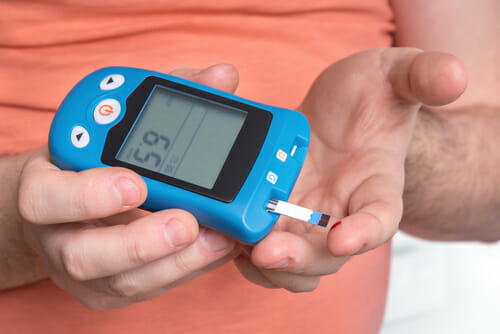Theme Lead: Professor William Whiteley
Stroke strikes every five minutes, and for over 1.2 million stroke survivors living in the UK, many questions remain about its causes, prevention, treatment, and long-term effects. In partnership with the Stroke Association, the Stroke Data Science Catalyst brings together health data, cutting-edge technology, and research to better understand and tackle stroke, improving the lives of people affected by the condition.
What we do
We make it easier for researchers to harness health data to transform stroke care and outcomes. By linking data from hospitals, GPs, imaging, and even wearable devices, and drawing on the experiences of people affected by stroke, we’re opening the door to new insights into stroke risk, response, recovery, and rehabilitation.
Key areas of work
Driver projects
We’re supporting two research teams investigating the links between stroke and COVID-19, directly funded through the catalyst. These projects could offer new insights to improve how these conditions are diagnosed and treated, potentially transforming lives.
https://bhfdatasciencecentre.org/projects/ccu084/
Developing data-driven trials in stroke medicine
Many important questions about stroke treatment still haven’t been tested in clinical trials. Making trials more cost-effective could help answer these questions and find better treatments for patients. Using routinely collected health data can make studies more efficient by measuring outcomes, identifying potential participants, and supporting innovative trial designs.
We’re working to use national stroke audit data in the UK to develop registry-based studies that can improve stroke research and patient care.
Using data science to improve quality of care after stroke
Improving care for people affected by stroke starts with understanding how many people are affected, the quality of care they receive, and their outcomes.
Stroke information is recorded in several datasets, including GP records, hospital admissions, and death records. The Sentinel Stroke National Audit Programme (SSNAP) collects detailed information on patients admitted to stroke units, offering insights not available in other NHS data. However, it may miss some people, such as those not admitted to hospital.
Our work will bring together multiple datasets to paint a more detailed picture of stroke care and outcomes, helping to identify where care can be improved.
Defining stroke
For effective data research into stroke, researchers need to know exactly how to define the condition. We’re working to develop these definitions so scientists can ask and answer the most important research questions as accurately as possible.
Areas of work
Find out more about our data-led research.

CVD-COVID-UK / COVID-IMPACT
CVD-COVID-UK/COVID-IMPACT is a major research programme coordinated by the BHF Data Science Centre, bringing together a consortium of over 400 researchers across more than 50 organisations. The programme enables analysis of anonymised, linked, nationally collated healthcare datasets across the UK to investigate the relationship between COVID-19 and cardiovascular disease, as well as its impact on other health conditions and risk factors.

Data Enabled Clinical Trials
By integrating routinely collected NHS health data into clinical trials, we’re helping researchers recruit participants more effectively, reduce administrative burdens, and generate real-world evidence that can lead to quicker, more impactful advances in cardiovascular care.

Defining Disease
To drive large-scale, data-driven research, we’re working to develop and share reusable definitions of cardiovascular diseases in computable forms. These definitions enable researchers to interpret and use health data, leading to more accurate and reproducible studies.

Diabetes Data Science Catalyst
This exciting partnership between the BHF Data Science Centre, Diabetes UK and HDR UK aims to develop improvements in our understanding of the link between cardiovascular diseases and diabetes.

Enhancing Cohorts
We’re working to accelerate health data research by making it easier, faster, and more secure to link data from clinical cohorts with routine health records. This approach will help researchers uncover new insights into disease causes, progression, and treatment, improving patient care and outcomes.

Imaging
Cardiovascular imaging research has the potential to transform disease diagnosis, risk assessment, and treatment. This area aims to improve access to imaging data linked to health-relevant datasets across the UK, enabling innovative research and improving patient outcomes.

Kidney Data Science Catalyst
This partnership between the BHF Data Science Centre, Kidney Research UK and HDR UK will enable researchers to securely access, link and analyse existing UK health data, speeding up the search for better kidney and cardiovascular disease prevention, treatments, and care.

Smartphones and Wearables
We’re working to unlock the potential of smartphone and wearable data to discover new ways to prevent, diagnose, and treat cardiovascular disease, by establishing secure access to and fair use of smartphone and wearable data linked to healthcare records.

Stroke Data Science Catalyst
A partnership between the BHF Data Science Centre, the Stroke Association, and HDR UK, using data to drive research into stroke prevention, treatments, and care.